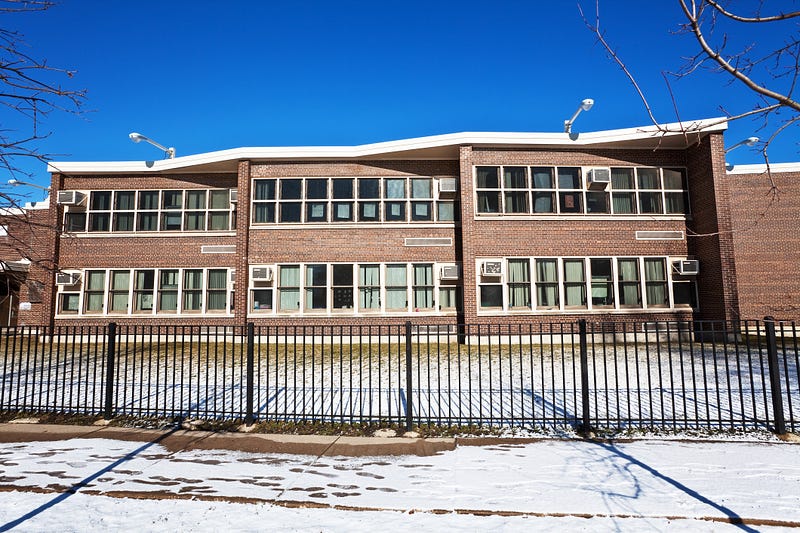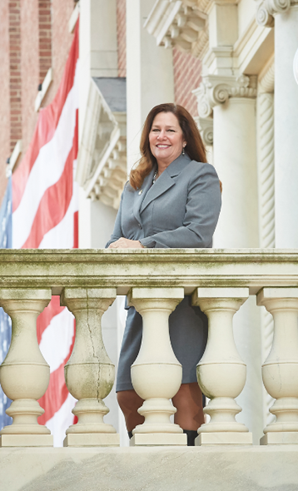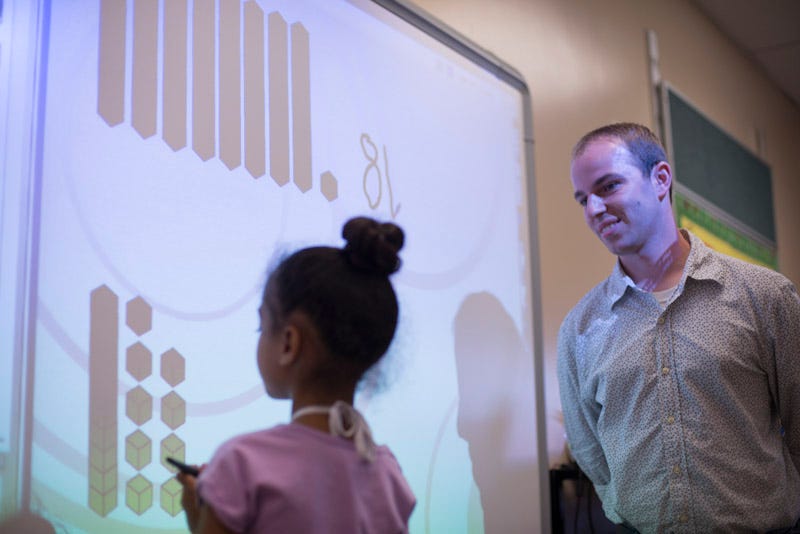What Would YOU Change?
The Kirwan Commission is a game-changing opportunity to improve public education in Maryland for every student, school, educator, andu2026

The news came in last year: Maryland schools are underfunded by a huge $2.9 billion. That’s according to national school funding experts advising the Kirwan Commission, the 25-member board rewriting Maryland’s education funding formula. This daunting figure can come as no surprise to on-the-ground educators.
We see the effects of this funding shortfall snowball every day — classrooms and trailers overflow; achievement is uneven; workloads are untenable; children face challenges that elected leaders and policymakers routinely ignore; threats to salaries and healthcare open every contract negotiation; and the list goes on.
Members of MSEA and pro-public education voters are seizing the moment to make the promise of the Kirwan Commission a reality for students, educa- tors, schools, and communities. MSEA’s Executive Director David Helfman is among the Commission’s members, and he’s fighting for the best possible recommendations that will become the basis for a new funding formula that legislators can vote on as soon as the 2018 General Assembly session.

“As educators, we are both public servants and community leaders. We are change-makers, innovators, and activists and as such, we’re preparing to ask the Kirwan Commission to provide us with the resources to lift every student and educator to the top.” — Betty Weller
“We are at the front of this absolutely necessary shift to equal opportunity for all kids,” said MSEA President Betty Weller. “As educators, we are both public servants and community leaders. We are change-makers, innovators, and activists and as such, we’re preparing to ask the Kirwan Commission to provide us with the resources to lift every student and educator to the top.”
The last rewrite of Maryland’s education funding formula was in 2002, and while the New York Times called Maryland’s formula “historic,” too much has changed. Maryland’s shifting demographics have outpaced the funding needed to meet every student’s needs. Where Maryland once topped Education Week’s annual Quality Counts Report five years in a row — when achievement gaps shrunk by 51% in reading and 49% in math for elementary schools thanks to new funding — the state now lags behind high-achievers Massachusetts, New Jersey, Vermont, and New Hampshire.
That’s because the number of disadvantaged students has more than doubled in our schools since 1990 and the number of ESOL students — many also experiencing poverty — has ballooned, with no commensurate increase in funding.

Public education is supposed to be the great equalizer, yet educators know better than anyone how deeply flawed the ideal becomes when staff, resources, and time are compromised daily by where a child goes to school, the elected leaders in their district charged to protect those schools, and the will of state leaders.
But, says Weller, “The Kirwan Commission is a chance for educators to take charge of this public conversation about the state of our schools.
“We’ve watched our progress fade as demands on our professions grow, taking us further and further from the reasons we became educators. We don’t need someone else telling us what we need to do our job. We know what it’s going to take.”

IT’S TIME FOR EDUCATORS TO TAKE BACK RESPECT
Our work is perhaps the most important in the world. Educators should lead in every country and in every culture and should be among the most respected of professionals. It’s time to take back that respect in Maryland, and make our presence known. Our vision can become the solution.
“We’ve been listening,” Weller adds, “through conversations and surveys. Educators need and want more for their students and their families. Now we’re organizing at every school building and community to hear more voices and find out exactly what educators and the public want to see in their schools.”
The funding recommendations of the Kirwan Commission and the legislature’s action on them will define public schools for a generation of students.
THIS IS OUR MOMENT
“This is our moment,” Weller said. “We need to speak up and we need to put pressure on the elected leaders who can make it happen.”
What do you want to change? And what are you willing to do about it?
We have two choices: we can be silent and let others decide what should happen in our schools or we can be the leaders for public education that our students need.
Learn more about MSEA’s This Our Moment campaign — watch the video here.
You’ll hear from your local association and building representatives about a 10-minute meeting at your worksite. At these building meetings, tell your building rep what it will take to reach every student. More services to support families? More staff? Better instructional resources? More programs like art and music to tap the potential of every student?

At the same time you’re meeting with colleagues, your local GO (Grassroots Organizing) Team of MSEA members will be reaching out to friends and neighbors in your community through a series of house meetings. Organizers will be taking the pulse of the public through discussion about the kinds of schools our students deserve. Are they concerned about safety? Do they want more options like career and technology training for students who are not college bound? Are they afraid for their neighborhood school?
Every suggestion from every building and house meeting will help form MSEA’s action plan presented to the Kirwan Commission.
“Education funding that gives equal opportunity to every student is inspiring to us all.” Weller said. “But only if the money goes where it truly needs to go — and that’s where you come in. Tell us what you need and what you’ll do to help make sure elected leaders get the message and support our students and schools.”

